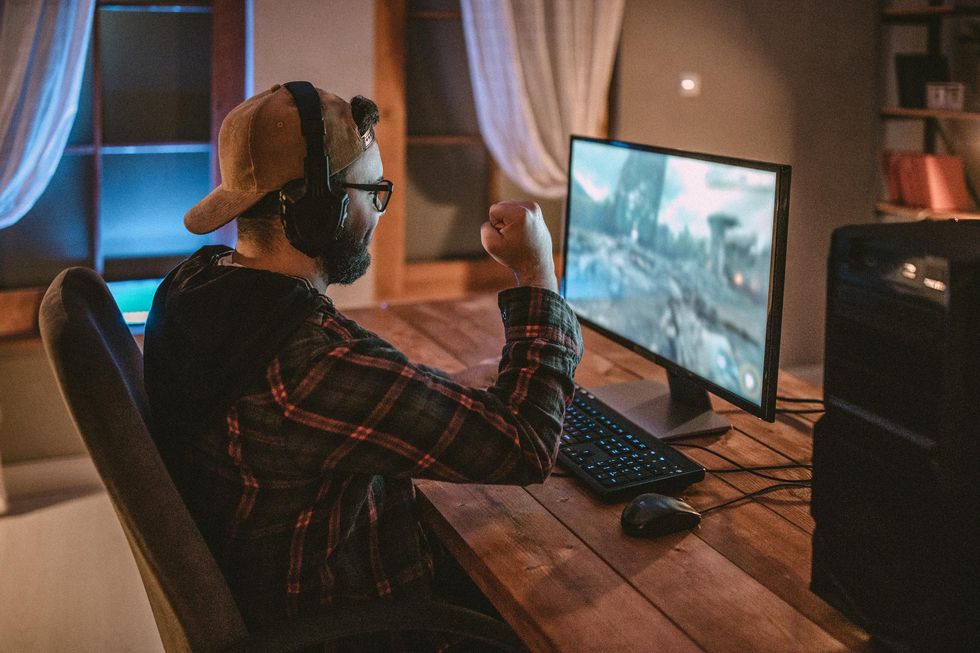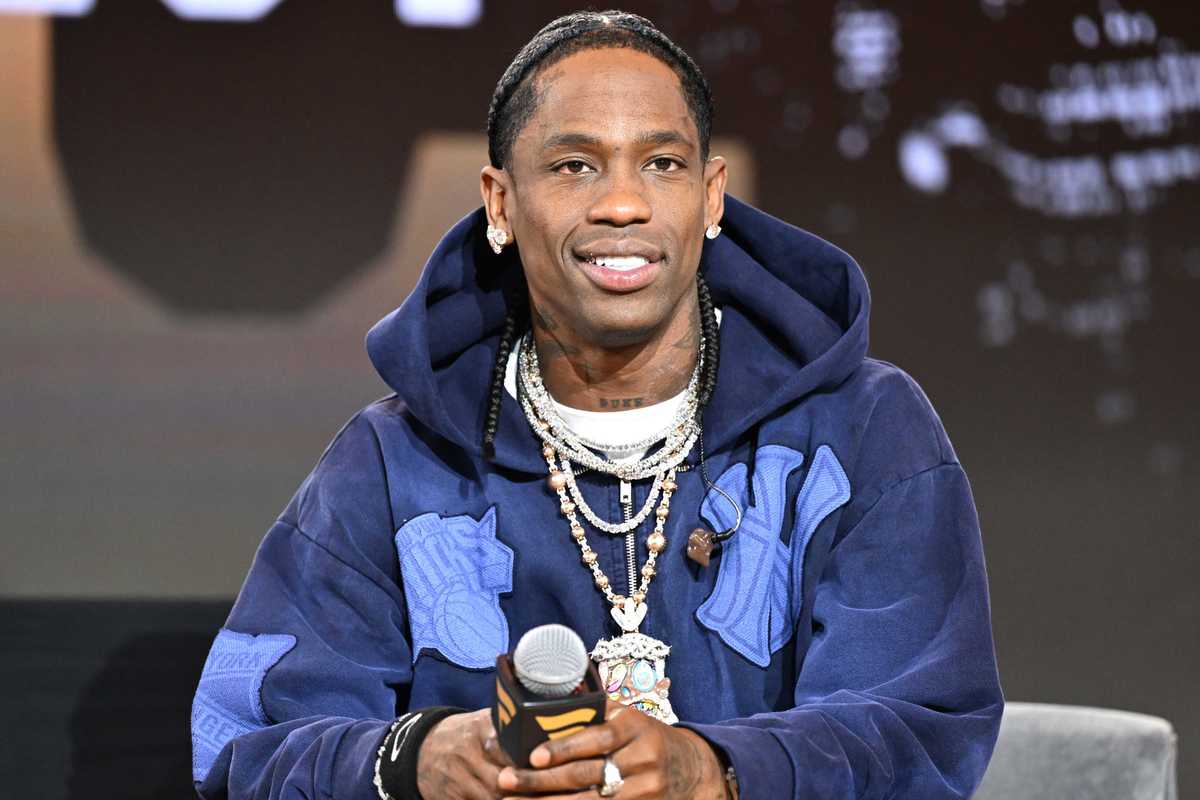Science & Tech
Harry Fletcher
Oct 26, 2022
Gamers flee as magnitude 5.4 earthquake shakes Internet cafe in the Philippines
IndyTV
A new study has found that people who call themselves ‘gamers’ are more likely to be racist and sexist.
The findings come from research conducted by Take This, a non-profit mental health organisation, and show that gamers more regularly show “extreme behaviours” than non-gamers.
The study focused on 300 American gamers and took a closer look at their behaviours.
It read: “Gamer communities represent a double-edged sword. On the one hand, they may provide a sense of connection and purpose for individuals who suffer from loneliness and insecurity. On the other hand, they may expose gamers to hateful speech and social toxicity that can increase their susceptibility to extremist propaganda.”
Sign up for our free Indy100 weekly newsletter
“In the worst-case scenario, gamers may be lured into embracing extremist beliefs that lead them down the path to radicalization,” it continued.
“When the gamer identity is core to who you are as a person, that seems to reflect what we call toxic gamer culture, tends to reflect more exclusion than inclusion — so things like racism and sexism and misogyny,” research director Dr. Rachel Kowert told Vice.

“All these things that we know exist in gaming spaces seem to be internalized by those who very closely identify as being part of that community,” Kowart added.
Kowart went on to speak about the people who identify as gamers, and the implications of social and individual identities in the community fusing together.
“We have individual identities and social identities. So I am Rachel, I am a female, and I’m a gamer. I love ‘The Witcher’. These are my social identities and are separate,” Kowert said.
“Identity fusion is when the social identity, the individual identity, fuses together and you can’t tear them apart … The way in which fusion is shown to develop makes them more susceptible to more extreme behaviors.”
The study also stated that Call of Duty players were more likely to be racist and misogynistic than those who spent their time playing Minecraft.
“This can vary across communities depending on what kind of people that you are spending a lot of your time with. I don’t think it’s necessarily about content but about the community in which you’re being immersed.”
Have your say in our news democracy. Click the upvote icon at the top of the page to help raise this article through the indy100 rankings.
Top 100
The Conversation (0)














